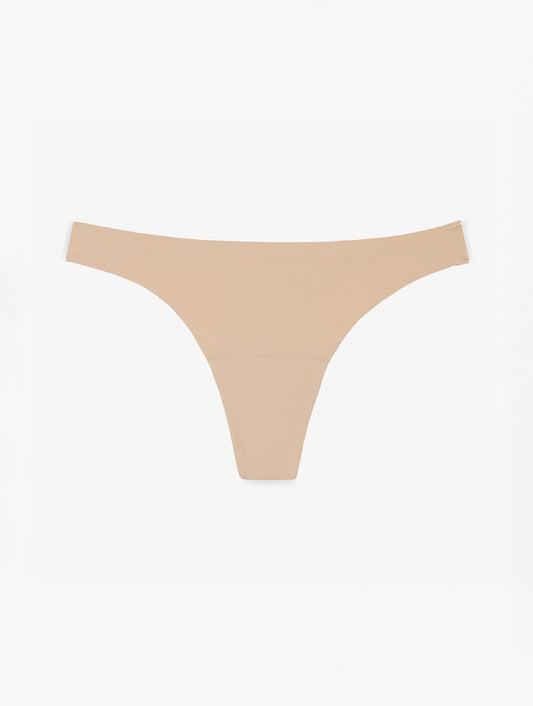When the Rules Go Wrong: 10 Factors That Influence Our Flow
Even if we are not all set like clocks, sometimes our rules are misnamed. Irregular periods can be worrying and make life difficult for us. Abundant, almost non-existent or unpredictable periods : a disruption of menstruation is sometimes temporary, but in some cases must alert to a pathology. Here are 10 causes of disturbed flow to watch closely. For every flow, we have the right model for you.
1. Irregular periods at puberty
After the first period and the three years following it, there is no need to worry about an irregular cycle. In adolescence the hormones are in turmoil and their rate very fluctuating!
2. Or pre-menopause
A few years before menopause , it's like puberty: female hormones are transformed. The menstrual cycles become shorter or on the contrary lengthen, and the flow is more discreet. Hot flashes may be the first sign. Nothing alarming here either, it's the natural cycle of aging.
3. Irregular cycle and overweight
An overweight woman produces too much estrogen, which can trigger heavy periods over a long period of time. Sometimes more than a week. It can also damage his endometrium and put him at risk for cancer. It is therefore imperative to consult if you are overweight with an irregular cycle. The prescription of an oral contraceptive may be a temporary solution.
4. Troubled sleep
Did you know that jet lag can cause amenorrhea (ie the cessation of periods)? Sleeping at too variable hours or daytime sleep has an influence on our hormones and our ovulation period. Take care of your internal clock! And if you work at night, sleep in a dark room during the day to rebalance your stock of melatonin.
5. Excessive physical activity
Transient amenorrhea can also occur following too intense sports training, especially if your body fat is low. The body, stressed, will then ask the brain to produce less reproductive hormones to put itself at rest. For him you are in no condition to feed your offspring! Take it easy and if the absence of periods persists, consult your gynecologist.
6. A thyroid problem
The thyroid gland, located at the base of our neck, is one of the great regulators of our hormones. If it malfunctions, your menstrual cycles will inevitably be disrupted. Several symptoms can alert (being always tired or on the contrary having repeated insomnia, gaining weight or losing weight abnormally, having mood swings, etc.). If in doubt, consult an endocrinologist.
7. Hormonal treatment
If you are taking thyroid treatment - or another treatment that affects hormones - and your menstrual cycle is disturbed: you may need to adjust the dosage with your doctor.
8. Endometriosis
In addition to making periods painful, endometriosis can cause irregular bleeding or spotting. Sometimes so important that one could think of starting a second cycle. If the disease is diagnosed, an appropriate pill or surgery may be prescribed.
9. Fibroids
Benign, fibroids are small tumors that stick to the wall of the uterus following a hormonal upheaval. They can be the cause of heavy and close periods. Pelvic pain, especially during sexual intercourse, or a constant need to urinate are often the signs. Consult your gynecologist!
10. Micropolycystic ovaries
Of what? This somewhat barbaric word refers to tiny cysts forming on the ovaries. An increasingly common pathology and due to endocrine disruptors… It causes short menstrual cycles and very spaced periods, acne and excess hair in some women. Discuss this with your doctor.
By Elise






















































